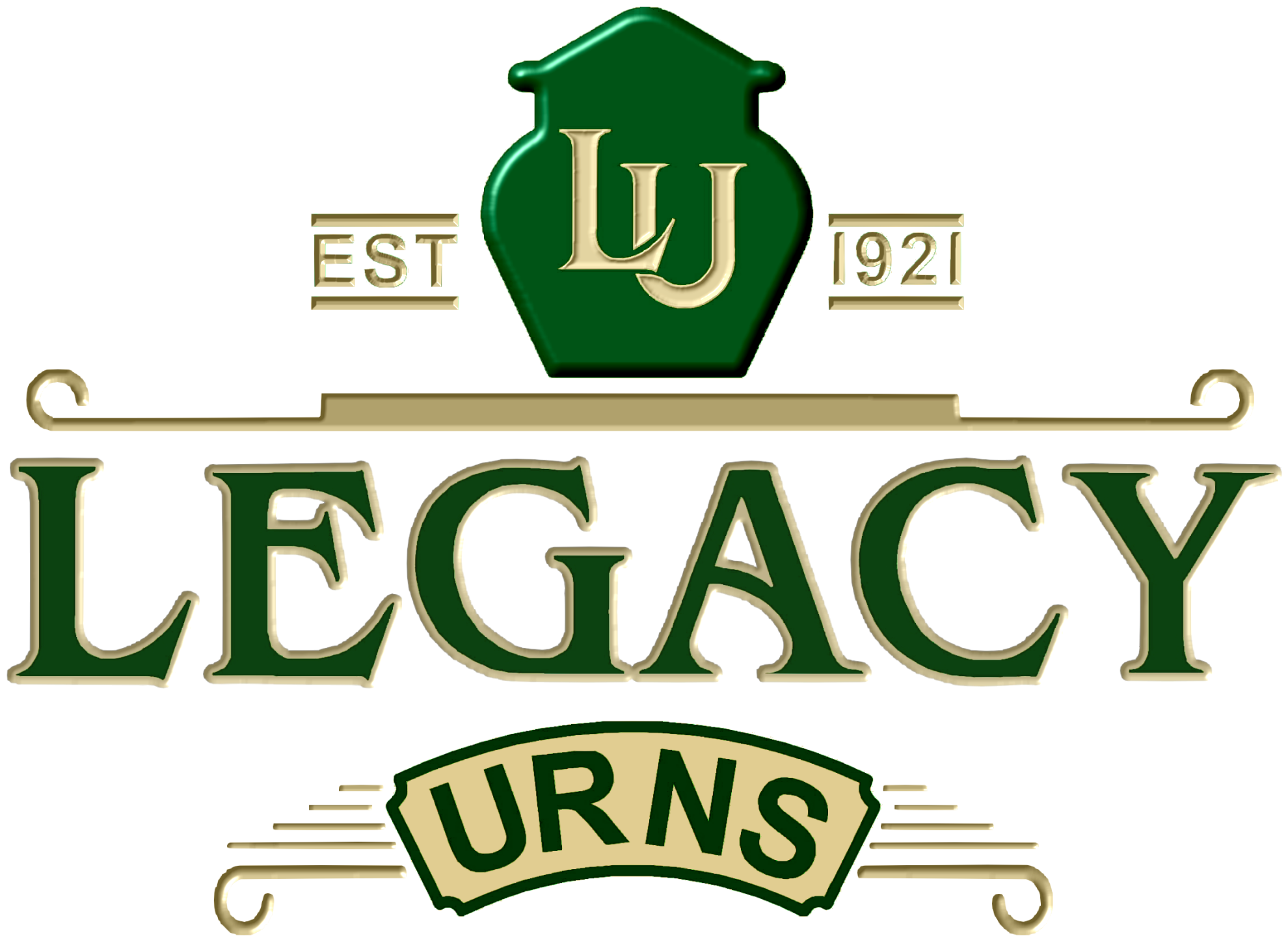The choice between burial and cremation when faced with the death of a loved one who has not left instructions can be agonizing, especially during a time of such deep grief. We cannot imagine the pain thousands go through every day, faced with the decision of what their loved one might have wanted while missing them terribly. What would they want? What feels right for them? What happens if you have a limited budget? Which one is right for a loved one or you?
Should you seek clarity, we'll do our best to assist you in coming to the right choice for you or a loved one.
Burial
When a deceased person's body has been embalmed, placed within a coffin or container, and placed within a grave, this is known as burial. Embalming a body is commonly only within Canada and the United States, and many people consider it a part of the traditional funeral and burial arrangements unless otherwise forbidden by a deceased person's religion, just as Muslim, Bahá'í, and orthodox Jewish Faiths.
The significance of a burial stems from a more traditional approach to death and the afterlife. Many find having a special final resting place for a loved one can provide much solace to those who are grieving. It is typical to choose a casket, but with today's more forward-thinking, there are many natural and environmentally friendly burial options without the presence of coffins or embalming, which are increasingly popular.
Cremation
Cremation is another method of handling the body of a deceased person by exposing it to high heat and turning it into ashes, which can be sprinkled at a loved one's favorite place, preserved by the bereaved either in a cremation urn, kept with them in the home, placed in a memorial space, or buried in a graveyard or placed within a special burial vault in a cemetery to protect and maintain space around the urn when buried. There is also an increasingly large arrangement of biodegradable, environmentally friendly cremation urns and containers.
During cremation, the body is reduced to ashes and bone fragments in a specialized furnace chamber.
Burial Vs. Cremation
Burial and cremation both hold advantages and disadvantages. To make the right decision for you or a loved one who left no instructions, consider and weigh factors such as budget, religious or spiritual beliefs, and personal preferences.
Cremation Advantages:
- Cost. Cremations are far more budget-friendly, with no need for a coffin, burial costs, a memorial, or a burial plot. In some cases, a cremation can cost as little as 1/6th of the cost of a traditional burial.
- Flexibility. Ashes are far easier to deal with for some families than the arrangements on what to do with physical remains. Sometimes, funerals are rushed due in part to the perishability of the remains, which can be highly stressful for loved ones in mourning. With cremation, you have far more time to plan an end-of-life celebration, funeral, or memorial ceremony and have the time to think about what you can do and how much you can spend.
- Always with you. If you have loved ones or family members living in different parts of the country, you can easily plan a ceremony in a place that is easier for everyone. Urns are portable. With traditional burial, you don't have much flexibility in location. Additionally, as time passes and life changes, should you find yourself moving to a new home or apartment, your loved one's ashes can be taken with you wherever you go.
Cremation Disadvantages:
- Cremation is still not available everywhere. Not every community or area has a funeral home with the proper cremation equipment. Depending on where you live, you may have to research and go further outside your area than you may prefer.
- Placing a loved one's ashes in an urn within the home can come with unexpected issues. If an urn or container is not set in a less-trafficked spot, there is always a chance you risk tipping the urn over or, worse, breaking it.
Burial Advantages and Disadvantages
Burial Advantages:
- Widely acceptable. Across the country, burials are one of the most traditional and widely good options. Cremation may not be available where you live, but burials are generally widely available. Burials also conform to most Judeo-Christian and other religious traditions as well.
- A safe place to visit and mourn. A burial typically means a burial plot and usually a headstone or monument where friends and family can actively see to remember or speak to the deceased. This act can be fundamental to some people's grieving journey toward healing.
Burial Disadvantages:
- Costly. Unfortunately, burials can be and are often far more pricey than cremations. Burial requires embalming, choosing and paying for a casket, a burial plot (if one has not been purchased beforehand), a headstone, a memorial bench, or some other memorial monument, and funeral costs all add up. On average, a funeral and burial can cost anywhere between $7,800 and over $10,000, including the cemetery fees.
- Cemetery Rules. Occasionally, cemetery rules can be restrictive. Some cemeteries have strict rules and guidelines about what memorial monument or headstone one is allowed to have, what the visiting hours are, what kind of flowers can and cannot be used, whether or not specific decorations are permitted, and other memorial keepsakes love ones may want to leave on the grave, but can't.
Cremation or Burial? Which one is right for you or a loved one?
Deciding which one is right will depend on your preferences or that of the deceased loved one. It can be challenging to determine when amid grief, but with the advantages and disadvantages clearly outlined above, we hope we have helped you choose the most suitable option for your needs. "
